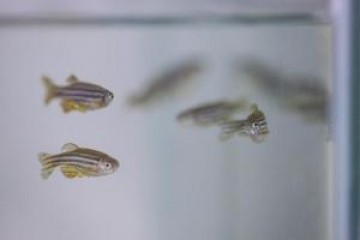PhD Studentship
Replacing rodent models for investigating the influence of the microbiome upon innate immune responses and resistance to pathogens

At a glance
Completed
Award date
July 2014 - December 2017
Grant amount
£90,000
Principal investigator
Dr Rachel Lawrence
Co-investigator(s)
Institute
Royal Veterinary College
R
- Replacement
Read the abstract
View the grant profile on GtR
